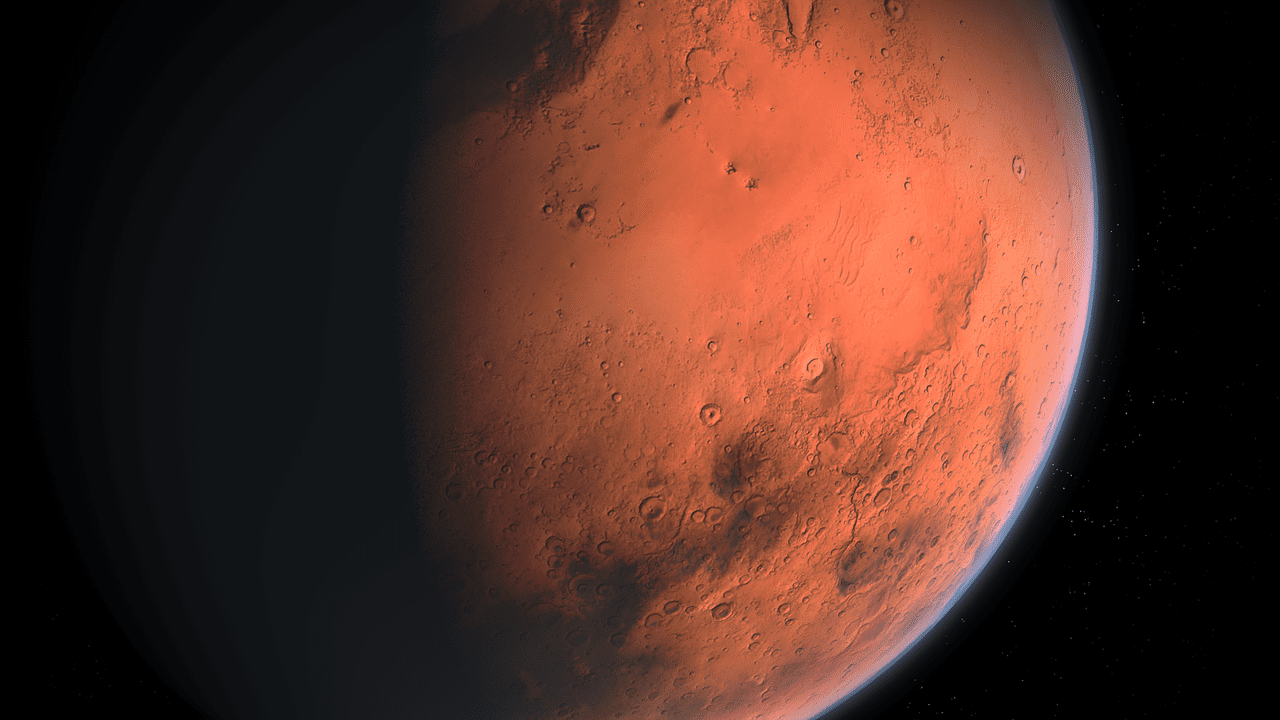Mars is the place of hope for many astronomers. It’s very far away for us: the average distance is roughly 54 million kilometers. But the distance is nothing for the unfathomable distances that traverse the Universe.
What’s for sure is that long ago, there were floods of water on Mars, similar to how it happens on Earth. Those times are far gone, but the Red Planet still poses interest for astronomers today. The reason is that humanity might have a chance to colonize it, although it’s highly unrealistic to believe that it shall be possible in the near future.
However, scientists continue to take steps towards understanding in a better way how habitable or inhabitable Mars is. It’s indeed great to see that astronomers keep struggling to uncover the Red Planet’s secrets!
Organic molecules confirmed in the Jezero Crater
According to ScienceAlert.com, scientists reveal that by using the Perseverance rover of NASA, organic molecules were discovered in rocks and dust from the Jezero Crater of Mars. A new instrument of the rover was used for the discovery: the Scanning Habitable Environments with Raman & Luminescence for Organics & Chemicals (SHERLOC for short).
While we’re not talking about the first time when organic compounds have been found on the Red Planet, the new discovery is important because it suggests the ability of Martian rocks to preserve organic compounds well. This leads to the idea that biological organic material can also be preserved.
Luther Beegle, a planetary scientist of the Jet Propulsion Laboratory of NASA from Southern California, explained as cited by ScienceAlert.com:
What SHERLOC adds to the story is its capability to map the spatial distribution of organics inside rocks and relate those organics to minerals found there.
But celebration could still be far away, as the same scientist says as quoted by the same source:
This helps us understand the environment in which the organics formed. More analysis needs to be done to determine the method of production for the identified organics.
Therefore, organic molecules exist on Mars, but finding any complex life dwelling there is still unlikely, at least for now.












Leave a Reply